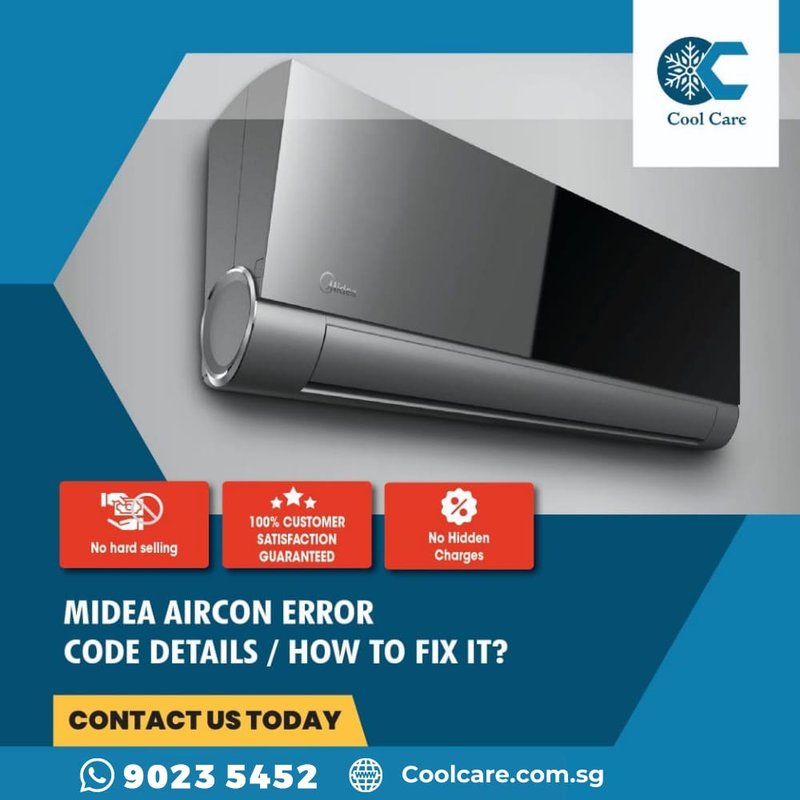
Understanding these error codes is a lot like deciphering a secret message from your appliance. Each code points to a specific issue, and in the case of the F2 error, it often relates to issues with temperature sensors or internal communication within the unit. Think of it like a cell phone losing signal; it can’t function properly without knowing what’s happening around it. So, when do you need to call a professional technician? Let’s dive in and find out.
Understanding the F2 Error Code
Before we jump into whether you need to call a technician, let’s unpack what the F2 error really indicates. Air conditioners are equipped with sensors that help regulate temperature and ensure efficient operation. The F2 code generally means there’s a problem with the temperature sensor itself or its communication with the main control board.
Imagine your air conditioner’s sensors as the eyes and ears of the system. They’re constantly monitoring the environment to make sure everything’s running smoothly. If the sensors can’t communicate with the AC’s “brain” (the control board), it can’t regulate the temperature properly, similar to how losing your glasses makes it hard to see clearly. This breakdown in communication can lead to inefficient cooling or even a complete shutdown of the unit.
Sometimes, this error can be triggered by something as simple as a dirty filter causing the system to overheat, or it might be due to more complex internal component failures. It’s important to determine the root cause before deciding whether you need a technician’s help.
Common Causes of the F2 Error
So, why does this issue occur in the first place? There are several common causes behind the infamous F2 error code. At the top of the list is a faulty temperature sensor. Just like a faulty thermometer gives an inaccurate temperature reading, a defective sensor can send wrong signals to the AC unit.
Another possible culprit could be wiring issues. Maybe a wire connecting the sensor to the control board has come loose or developed a fault over time. These tiny disruptions can lead to a breakdown in communication, much like a misfired text message that never gets delivered. It’s frustrating but can usually be fixed with professional help.
Environmental factors also play a role. If your AC is placed somewhere with poor ventilation, it may overheat more frequently. It’s akin to wearing a heavy coat in summer—you feel suffocated and uncomfortable. Similarly, a dirty air filter can restrict airflow, leading to overheating and triggering the F2 error.
Diagnosing the Issue at Home
Now, before we jump to conclusions, there are a few steps you can take at home to diagnose the problem. Start by checking the air filter; if it’s clogged with dust and debris, that might be your issue right there. Cleaning or replacing the air filter can sometimes clear the error. Think of it like changing the oil in your car; it’s a simple routine maintenance task that can prevent bigger problems.
Next, check the location of your AC unit. Make sure there’s enough space around it for proper ventilation. Overcrowding it with furniture or drapes can trap heat, causing it to overheat. It’s similar to trapping a steam engine in a small room, bound to cause a pressure build-up.
If these steps don’t resolve the issue, inspect the wiring, but only if you’re confident and comfortable doing so. Loose connections or frayed wires can sometimes be the root cause. If you’re not sure, though, it’s best to call in a professional.
When to Call a Technician
Alright, so you’ve tried all you can at home, but the dreaded F2 error is still blinking back at you. When do you know it’s time to call in the pros? Here’s the deal: if your fan runs but there’s no cool air, or if the unit turns on and off erratically, it’s time to pick up the phone.
Trained technicians have the tools and expertise to handle more complex issues, like replacing faulty sensors or reprogramming the control board. It’s like hiring a mechanic for your car—they know exactly what to do under the hood. They can assess whether the problem is a simple fix or part of a bigger issue that needs attention.
Remember, attempting repairs beyond your skill level can sometimes cause more harm than good. Tampering with internal components without proper knowledge is akin to performing your own dental work—maybe technically possible, but not advisable!
Preventative Tips for Future Issues
Let’s talk about prevention because, as they say, an ounce of prevention is worth a pound of cure. Regular maintenance is key to avoiding these pesky error codes altogether. Like changing the oil in your car, periodically checking and cleaning your air filter can make a big difference. This ensures proper airflow and reduces the chance of overheating.
Make sure your AC unit is installed in a well-ventilated space, away from anything that might block its ventilation. Routinely check the external unit for blockages like leaves or debris, and trim back any plants that might crowd it. Think of these steps as giving your AC room to breathe—literally!
Lastly, consider scheduling regular check-ups with a professional. Just like you wouldn’t skip a doctor’s visit, giving your AC an annual health check can save you from unexpected breakdowns. A technician can spot potential issues before they become major problems, keeping your unit running smoothly all season long.
In conclusion, while tackling the F2 error code can seem daunting at first, understanding what it means and knowing when to call for help makes all the difference. With a little knowledge and some preventative care, you can ensure your Midea air conditioner keeps you cool and comfortable, just as it was intended to do.